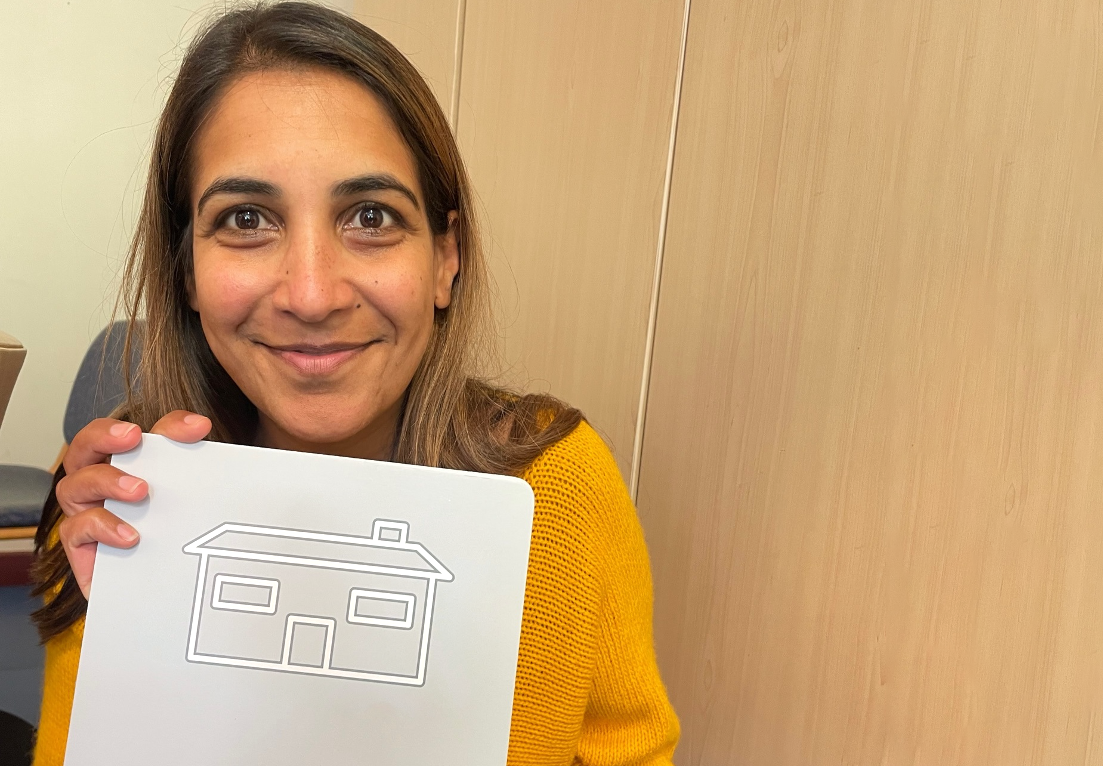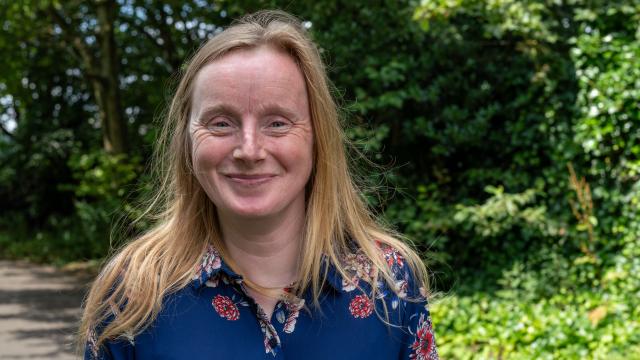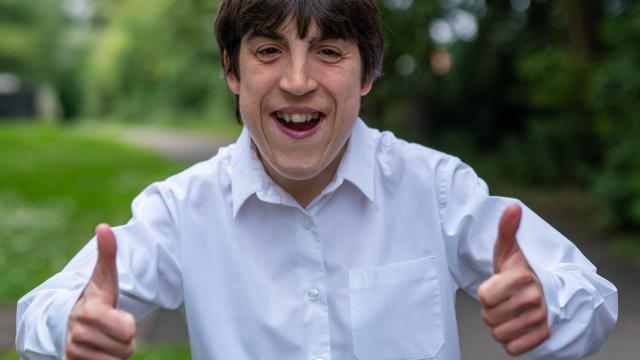
Eye Health Week: Focusing in on eye care for children with learning disabilities
A blog by Malvi Patel, Clinical Lead Optometrist, SeeAbility.
Today for National Eye Health Week the theme is Kids' Vision.
It’s a great chance to highlight the vital importance of supporting children with learning disabilities, who are 28 times more likely to have a sight problem than other children, but much less likely to get the eye care they need.
I’m an optometrist who leads on our work with children, and it’s been a joy to deliver a new NHS service in special schools for children with some of the highest support needs. It is our mantra that any child can have a sight test (you do not even have to be able to read or speak), but the familiarity of being in their school certainly helps the children we see.
Of course, children with learning disabilities live all across the country, and not all of them attend special schools, so it’s important to share advice and thoughts that will help parents and carers make it as easy as possible for their child to have a sight test.
Firstly, we know that the current cost of living crisis is a concern to all. It may help to know that sight tests are free on the NHS for any child in full time education. If glasses are needed then there is an NHS voucher system in place.
Finding a local optical practice that can help prepare a child for a sight test, particularly a child with sensory sensitivities or high support needs, may also be a challenge for parents and carers. We have a searchable list of practices on our website and also lots of useful information on how to help prepare for the visit.
Much more is in a guide we helped write for NHS England, so please do take a look.
Back for the new special school year, our team of optometrists and dispensing opticians are very busy ensuring children get full sight tests, the glasses they need and reports to explain their visual abilities and needs to families and teachers. Not only is it so fulfilling as a clinician, it makes you so proud when you hear the stories about what has happened since a child has got their glasses for the first time in their lives, or since everyone in school has understood what the children can see.
We have been submitting data for the NHS on the new service and not only have we found huge satisfaction from parents on having a service in school, but the data also shows both the high level of need (almost half of children in special schools have a sight problem) and how few children (over 40%) have ever had any eye care before. The new service is clearly addressing a major inequality in healthcare.
In fact, the most common environment for children to have had any previous eye care is busy hospital eye clinics. The NHS is desperate to reduce pressure in outpatient care and so the new special school service is also helping in this respect.
On this day for National Eye Health Week, that message about every child deserving an equal right to sight, is very timely.



